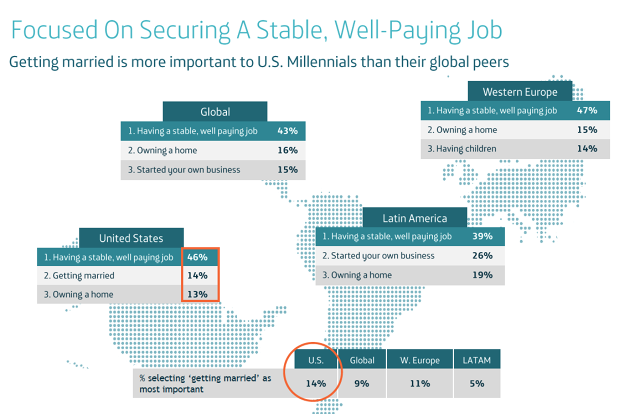Understanding Home Equity Loan Rates NJ: A Comprehensive Guide for Homeowners
#### Home Equity Loan Rates NJWhen it comes to financing options for homeowners in New Jersey, understanding home equity loan rates NJ is crucial. Home equi……
#### Home Equity Loan Rates NJ
When it comes to financing options for homeowners in New Jersey, understanding home equity loan rates NJ is crucial. Home equity loans allow homeowners to borrow against the equity they have built up in their property. This type of loan can be a valuable resource for those looking to fund home improvements, consolidate debt, or cover unexpected expenses. However, the rates associated with these loans can vary significantly based on several factors, making it essential to be informed.
#### What is a Home Equity Loan?
A home equity loan is a type of second mortgage that allows you to borrow a lump sum of money based on the equity in your home. Equity is defined as the difference between your home's current market value and the amount you owe on your mortgage. For example, if your home is worth $300,000 and you owe $200,000, you have $100,000 in equity. Lenders typically allow you to borrow a percentage of that equity, often up to 85%.
#### Factors Affecting Home Equity Loan Rates NJ
Several factors influence home equity loan rates NJ:
1. **Credit Score**: Your credit score plays a significant role in determining your interest rate. Higher credit scores generally lead to lower rates, while lower scores can result in higher rates or even disqualification from a loan.

2. **Loan-to-Value Ratio (LTV)**: This ratio compares the amount of the loan to the appraised value of the home. A lower LTV often results in better rates because it indicates less risk for the lender.
3. **Market Conditions**: Interest rates fluctuate based on the broader economic environment. Keeping an eye on market trends can help you time your loan application for the best rates.
4. **Loan Amount and Term**: The amount you wish to borrow and the length of the loan can also impact the rate. Generally, shorter-term loans come with lower rates compared to longer-term loans.
#### Comparing Home Equity Loan Rates NJ
When considering a home equity loan, it’s wise to shop around and compare rates from various lenders. Credit unions, banks, and online lenders often have different offerings. Some may provide lower rates, while others might offer more favorable terms. Additionally, some lenders may charge fees that can affect the overall cost of the loan.

#### Benefits of Home Equity Loans
1. **Lower Interest Rates**: Home equity loans typically offer lower interest rates than unsecured loans or credit cards, making them a cost-effective option for borrowing.
2. **Tax Deductibility**: In many cases, the interest paid on home equity loans may be tax-deductible, depending on how the funds are used. Always consult a tax professional for advice specific to your situation.
3. **Fixed Payments**: Most home equity loans come with fixed interest rates, meaning your monthly payments will remain consistent throughout the loan term, making budgeting easier.
#### Risks of Home Equity Loans

While there are many benefits, it’s important to be aware of the risks associated with home equity loans. Borrowing against your home means that if you fail to make payments, you risk foreclosure. Additionally, taking on more debt can strain your finances, especially if your circumstances change.
#### Conclusion
In conclusion, understanding home equity loan rates NJ is vital for homeowners considering this type of financing. By evaluating your financial situation, comparing rates from different lenders, and being aware of the associated risks and benefits, you can make an informed decision. Always consider consulting with a financial advisor to ensure that a home equity loan aligns with your long-term financial goals.